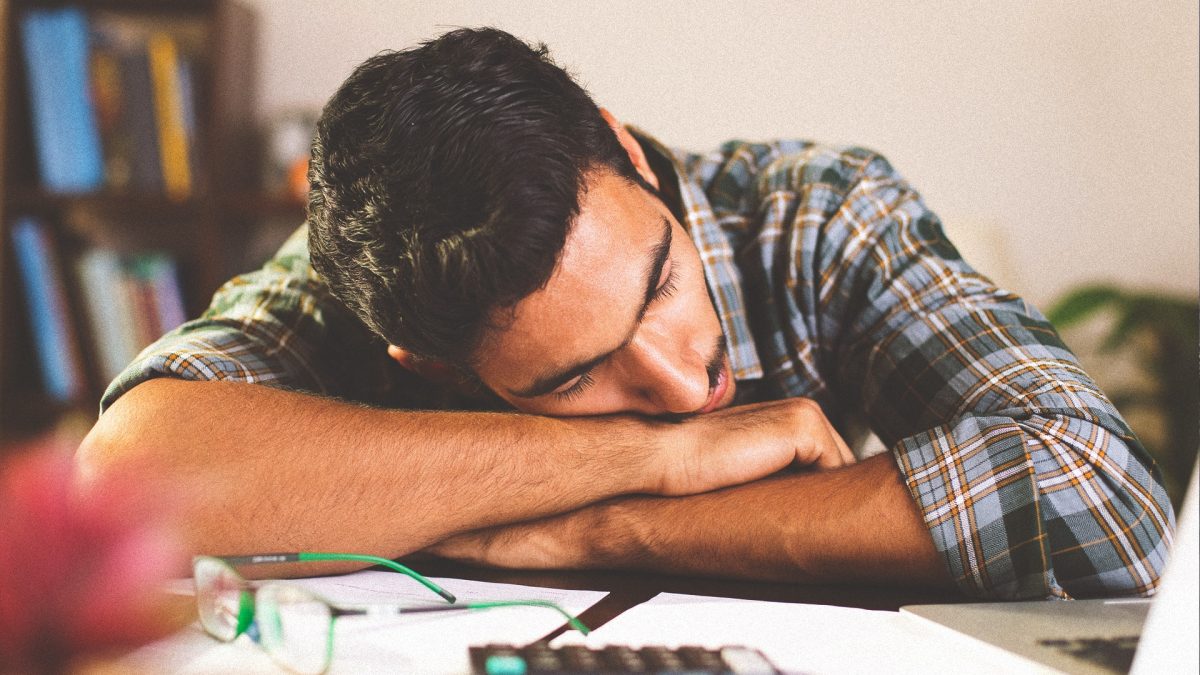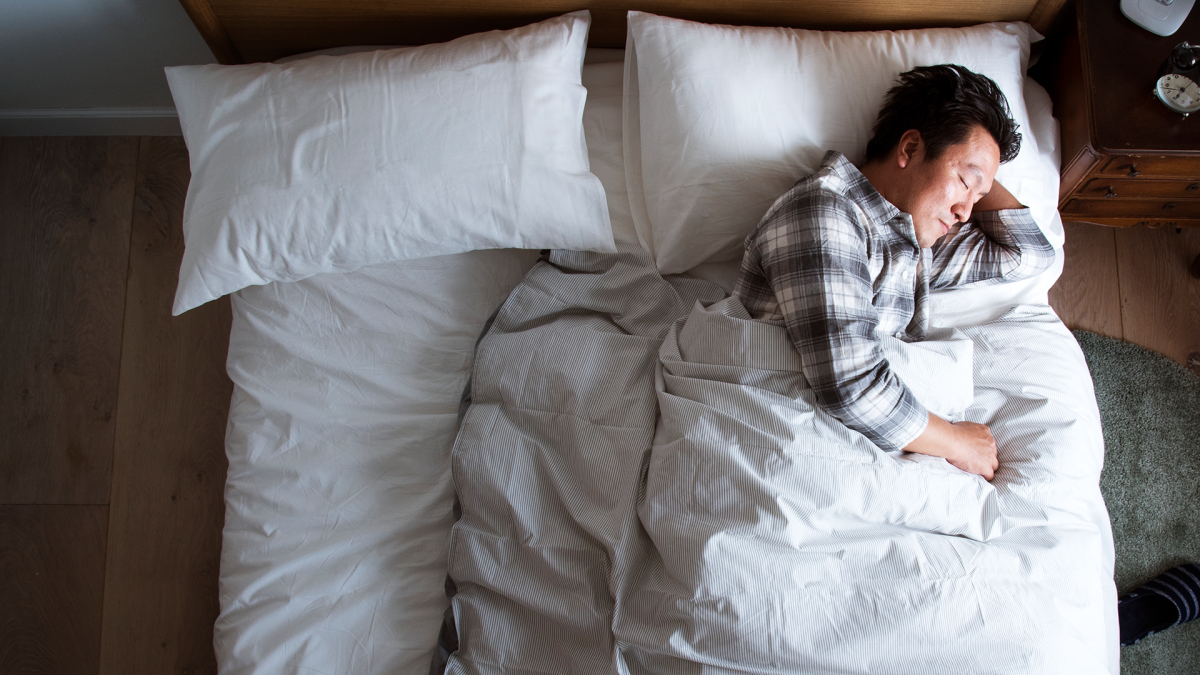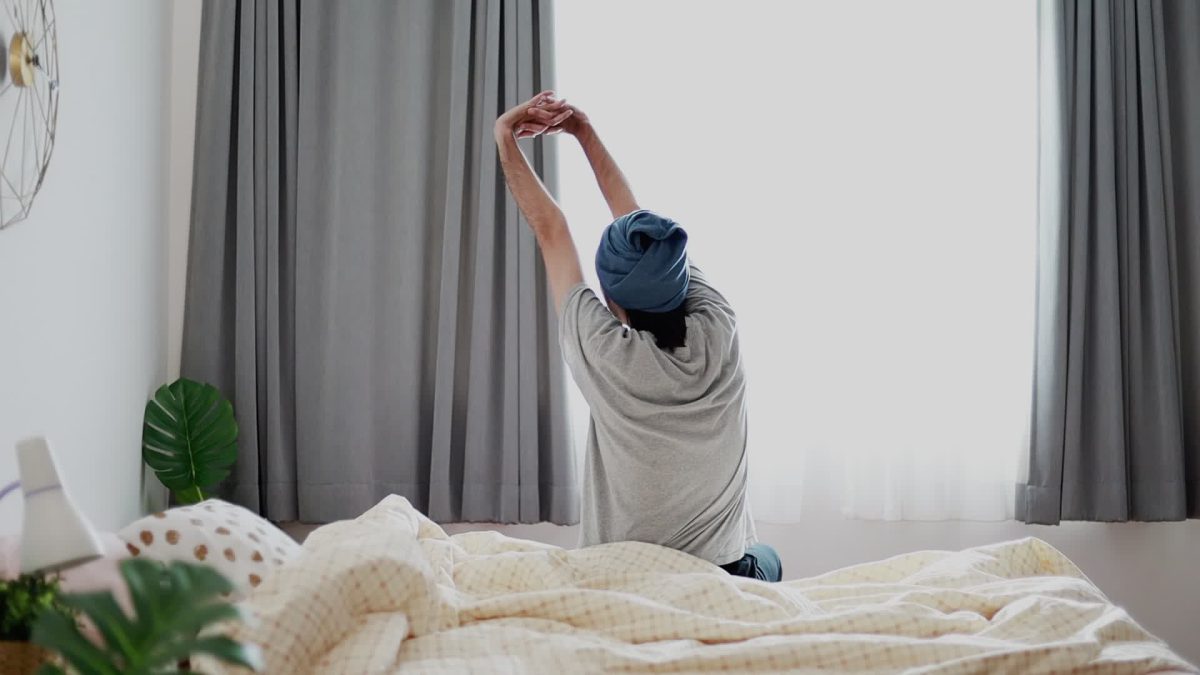- Disruption of night sleep.
An evening nap may seem harmless and even beneficial, but it can significantly disrupt your normal nighttime sleep. When you nap after 6 PM, your body gets the signal that it’s time to rest. This can cause confusion with your biological clock, as your body believes rest has already occurred, making it harder to fall asleep at night. You may feel constantly tired but struggle to fall asleep at the appropriate time. These disruptions can accumulate, leading to the effect of chronic fatigue, even if you feel well-rested. For healthy sleep, it’s important to maintain a consistent sleep schedule and not replace it with evening naps. This will help regulate hormone balance and properly set your biological clock.
Continue reading “Why you should avoid napping in the evening: 5 reasons”











